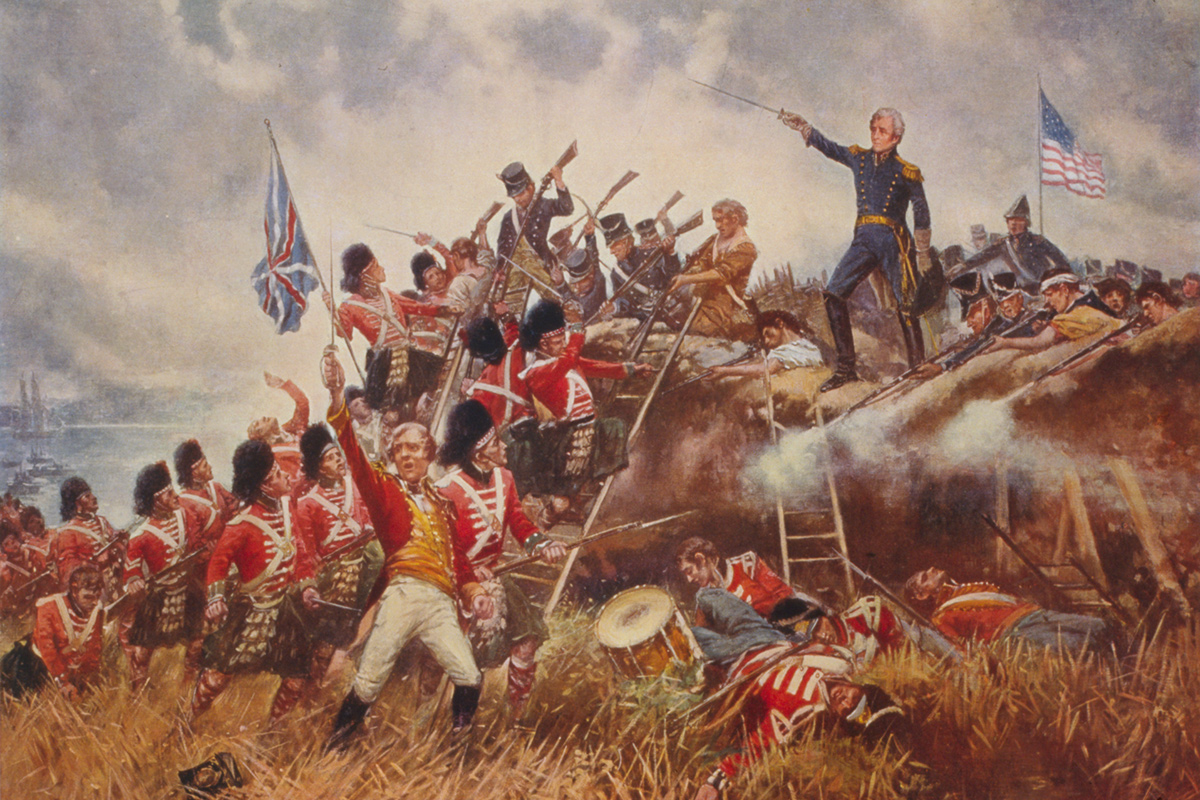You'd Have to Be Crazy
Psychopathic traits linked to presidential success

Library of Congress
The fearless dominance associated with psychopathy may be an important predictor of US presidential performance, suggests an analysis published in September in the Journal of Personality and Social Psychology.
“Certain psychopathic traits may be like a double-edged sword,” says lead author Scott Lilienfeld, professor of psychology. “Fearless dominance, for example, may contribute to reckless criminality and violence, or to skillful leadership in the face of a crisis.”
In fact, fearless dominance, linked to low social and physical apprehensiveness, appears to correlate with better-rated presidential performance for leadership, persuasiveness, crisis management, and Congressional relations, the analysis showed.
Theodore Roosevelt ranked highest in fearless dominance, followed by John F. Kennedy, Franklin D. Roosevelt, Ronald Reagan, Rutherford Hayes, Zachary Taylor, Bill Clinton, Martin Van Buren, Andrew Jackson, and George W. Bush.
The analysis drew upon personality assessments of forty-two presidents, up to George W. Bush, compiled by Steven Rubenzer and Thomas Faschingbauer for their book Personality, Character and Leadership in the White House. More than one hundred experts, including biographers, journalists, and scholars who are established authorities on one or more US presidents, evaluated their target presidents using standardized psychological measures of personality, intelligence, and behavior.
For rankings on aspects of job performance, the analysis relied primarily on data from two large surveys of presidential historians: One conducted by C-SPAN in 2009 and a second conducted by Siena College in 2010. The combined information provided a window into an emerging theory that some aspects of psychopathy may actually be positive adaptations in certain social situations.
“The way many people think about mental illness is too cut-and-dried,” Lilienfeld says. “Certainly, full-blown psychopathy is maladaptive and undesirable. But what makes the psychopathic personality so interesting is that it’s not defined by a single trait, but a constellation of traits.”
A clinical psychopath encompasses myriad characteristics, such as fearless social dominance, self-centered impulsivity, superficial charm, guiltlessness, callousness, dishonesty, and immunity to anxiety. Each of these traits lies along a continuum, and all individuals may exhibit one of more of these traits to some degree.
“You can think of it like height and weight,” Lilienfeld explains. “Everyone has some degree of both, and they’re continuously distributed in the population.”
The analysis raised the possibility that the boldness often associated with psychopathy may confer advantages in a variety of occupations involving power and prestige, from politics to business, law, athletics, and the military. But in the extreme, adds Lilienfeld, fearless dominance is likely to become detrimental recklessness.





